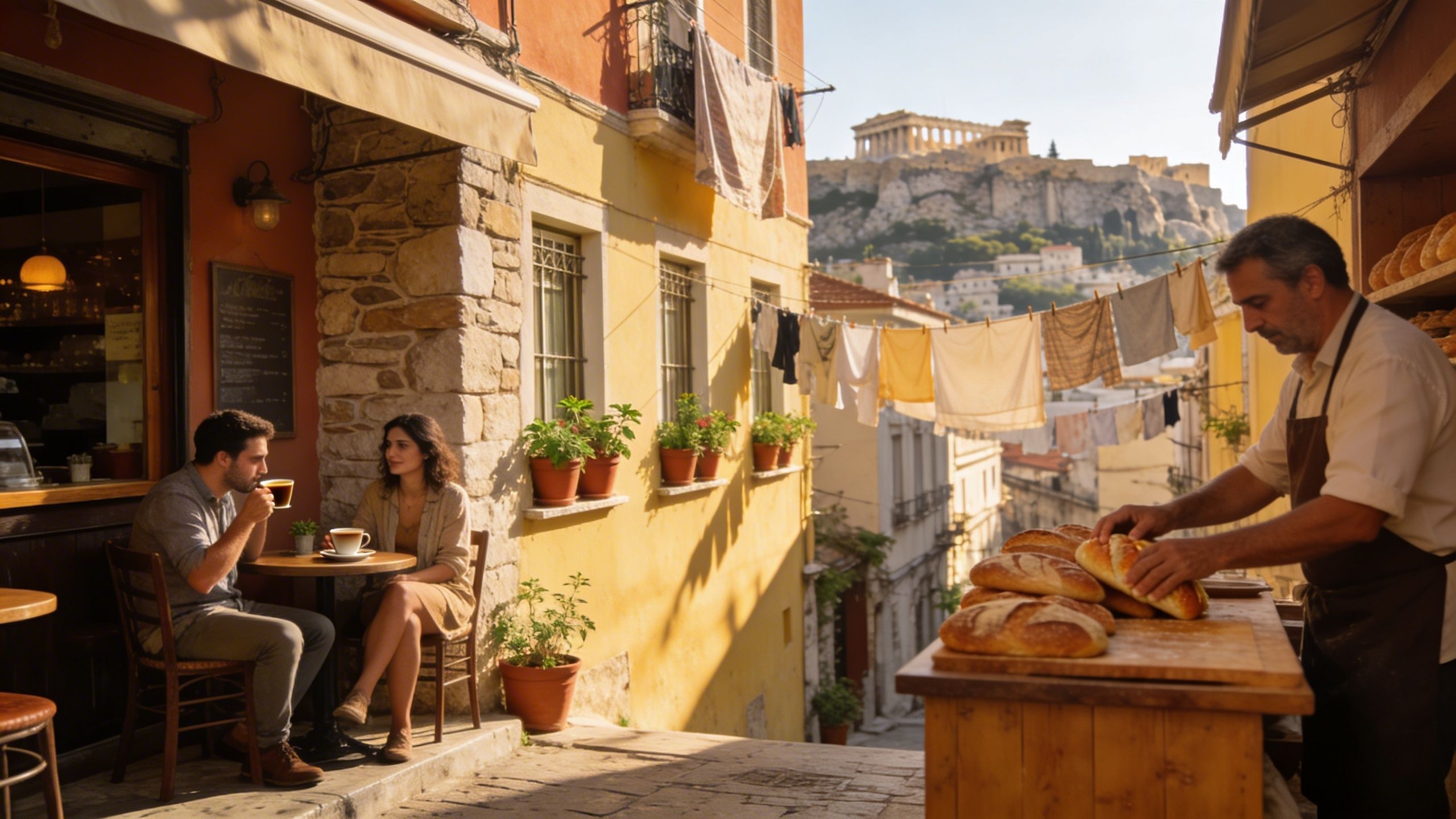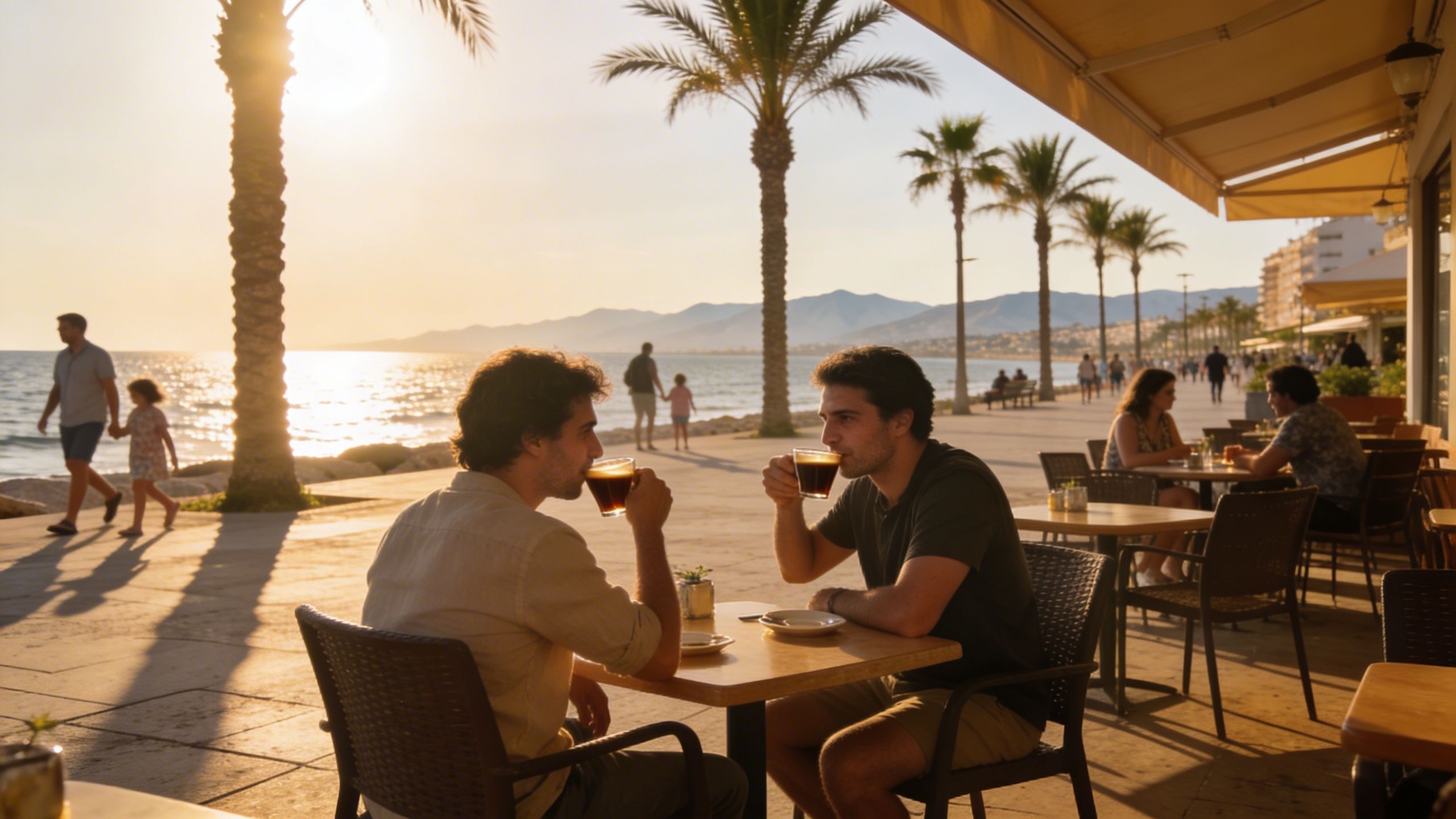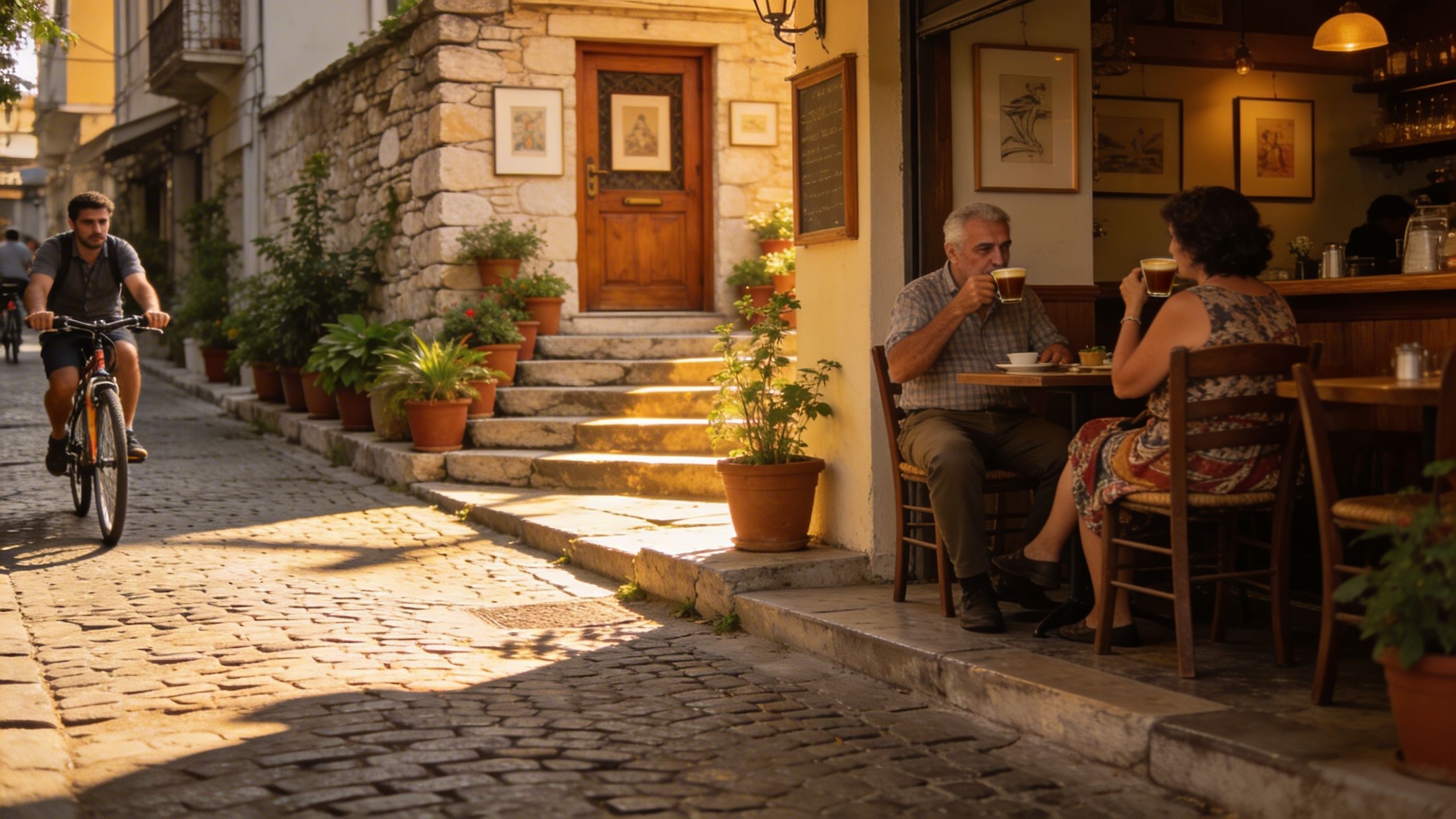Close, Care & Steward: Cyprus Home Negotiation to Stewardship
How to close in Cyprus with eco-aware negotiation, local permit insight, and stewardship steps that protect landscapes while securing your dream home.
Imagine waking to the smell of freshly baked koulouri, stepping onto a sun-warmed terrace that looks over a scrubby hillside dotted with carob and olive trees — and knowing the house is not just beautiful but built to breathe with the island. For many international buyers, Cyprus feels like a laid-back Mediterranean pocket of golden light. But the final step — closing the sale and becoming a thoughtful steward of a Cypriot home — is where dreams meet reality, and small, local rules matter. We’ll blend the island’s sensual life — Limassol’s marina mornings, the slow alleys of Laiki Geitonia in Nicosia, the hush of the Akamas — with the precise steps you’ll take to close, negotiate eco-friendly terms, and care for the land long after the keys change hands.
Living Cyprus: light, seasons and everyday rituals
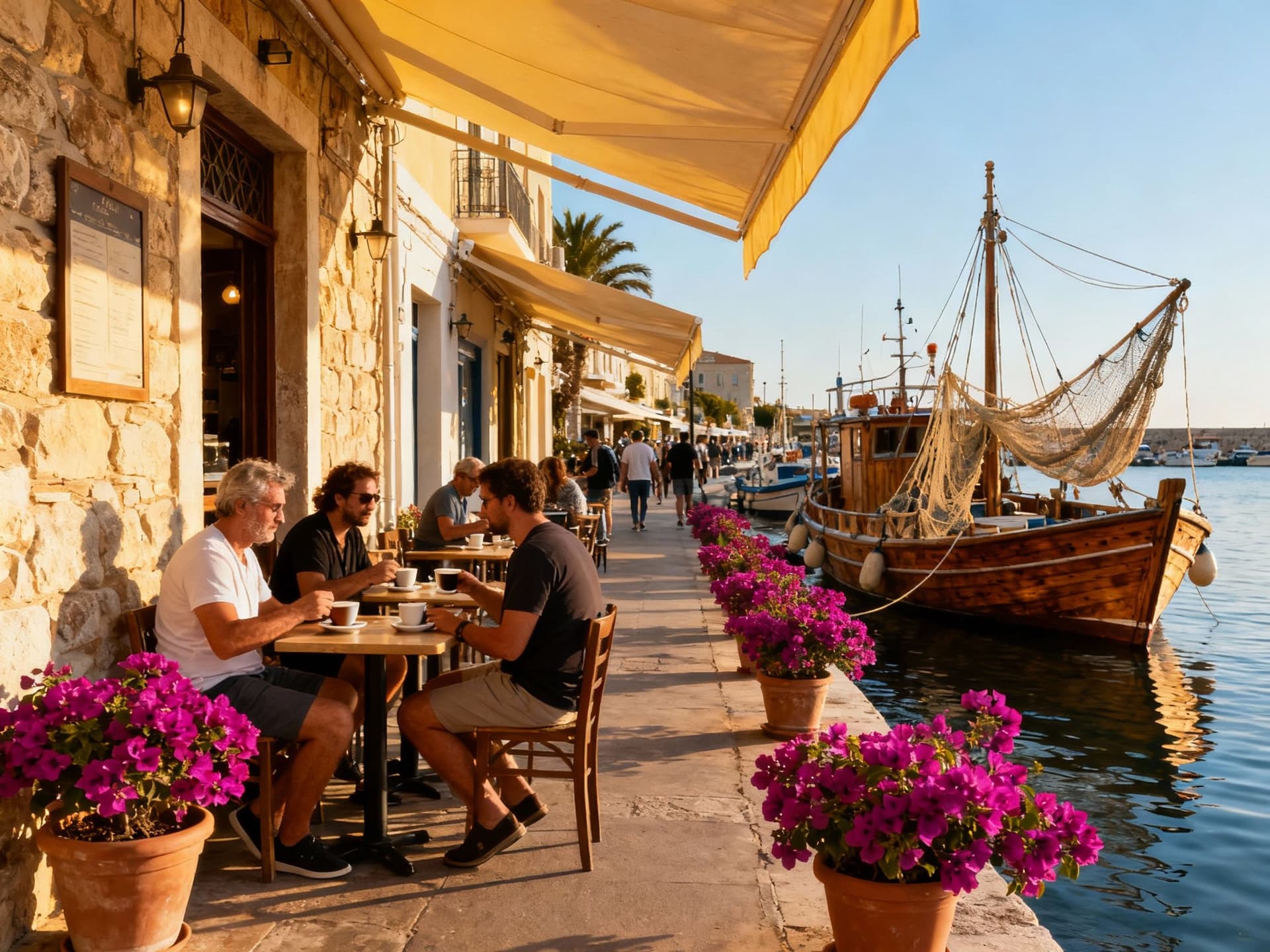
Cyprus is both coastal conviviality and inland quiet. Mornings in Limassol bring café owners wiping wooden tables as the taverna crowd arrives; afternoons on the east coast mean salt-sweet air and slow siestas; winters in the Troodos mountains bring an earthy hush. The rhythm is seasonal — wildflower carpets in spring, hot, crystalline summers, and surprisingly green winters that reward gardens and rainwater systems. This matters when you choose a property: microclimate shapes what plants will thrive, whether you need winter insulation, and what energy systems make sense.
Limassol and the coast: salt, cafés and active days
Limassol’s seafront combines marina glamour with everyday neighbourhood life — stroll the Old Port at dawn, see fishermen mend nets, then find a rye-and-honey pastry at a family bakery in Germasogeia. For buyers, coastal properties offer year-round rental appeal and easy access to international schools and services, but consider sea-spray tolerant finishes, shaded terraces, and passive cooling in contract specs so your home ages gracefully by the water.
Nicosia and mountain villages: intimacy, markets and craft
Nicosia’s walled old town — Laiki Geitonia — smells of coffee and cedar smoke; narrow streets reveal craft workshops and small tavernas. Inland, villages like Omodos and Platres keep traditional stone vernaculars that cool naturally and ask for low‑impact restorations. If you imagine living among stone arches and grape vines, ensure your purchase contract includes clauses about permitted renovations and materials so your restoration stays authentic and compliant.
- Local highlights to experience before you buy: Limassol Old Port for morning coffee; Larnaca’s Finikoudes promenade at sunset; Akamas Peninsula trails for weekend escapes; Omodos village piazza and wine festivals; old fisherman cafés in Paphos harbour.
Making the move: pragmatic steps that respect place
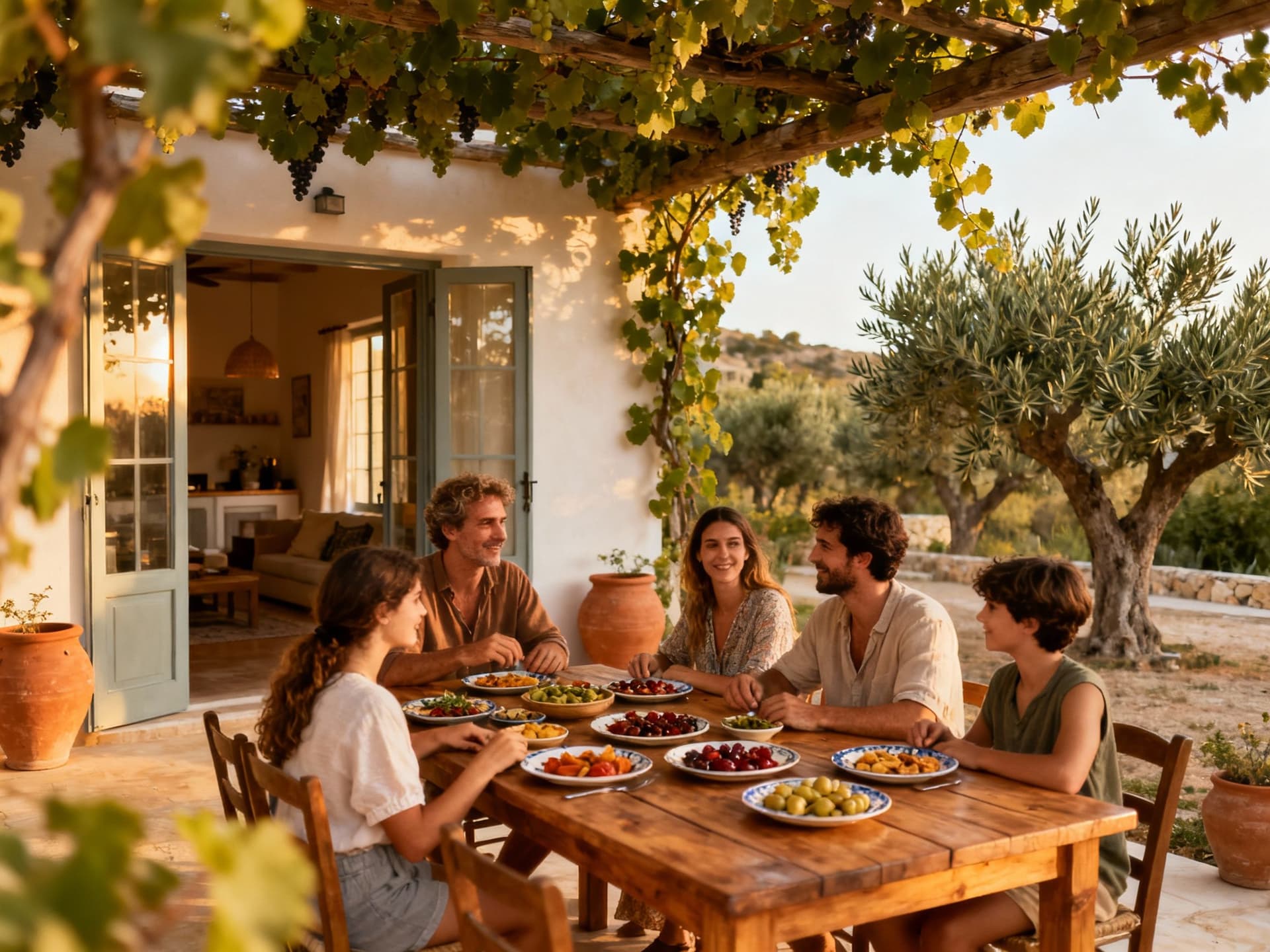
The romance of Cyprus is best paired with clear, local process. EU citizens buy freely; non‑EU buyers generally apply for permission (now handled locally) under the Immovable Property Acquisition law. Most approvals are routine, but timing and documentation matter — a written purchase contract, cadastral plans, and building permits are typical requirements. A local agent who understands district officers and municipal rhythms speeds things up and keeps your eco-intentions intact.
Property styles: stone cottages, modern villas, and their stewardship needs
A stone village house asks for breathable lime plasters, sympathetic insulation, and rain-harvesting; a contemporary Limassol villa benefits from photovoltaic capacity and drought‑wise landscaping. Think beyond aesthetics: specify energy performance expectations in the sale, ask for recent EPC-like reports where available, and include maintenance allowances for traditional materials that require artisan care.
Work with a lawyer and a district officer liaison who will submit any required application to the Council of Ministers or district authority after contract signing. Keep copies of cadastral plans, building permits, and the stamped contract. Confirm how foreign funds will be certified by the Central Bank to avoid later problems when transferring ownership.
- Steps to close with sustainability in mind: 1. Include an inspection clause that covers water systems, insulation, and roof condition; 2. Add a clause for responsibility over existing gardens and trees (who maintains olive trees?); 3. Negotiate seller contributions toward installing basic PV or efficient boilers; 4. Require copies of permits for any recent works and confirmation of no hidden encumbrances; 5. Use escrow with staged releases tied to completion of remediation or green upgrades.
Insider knowledge: what expats wish they’d known
Many expats tell the same story: the paperwork felt easy, the lifestyle was immediate, but small cultural rules and timing surprised them. Cyprus once ran high‑profile investment programmes that shaped developer‑led projects; today the market is more measured and local approvals are stricter. That means off‑market village finds are often the best way to buy something with soul — but they require patient local relationships and clear legal checks.
Daily life adjustments and social cues
Cypriots move at a human pace: shops close for siesta, weekends are for family, and small favours build trust. Learn a handful of Greek phrases, support a local craftsman for repairs, and join a neighbourhood taverna evening. These gestures open doors to off‑market opportunities and better stewardship partnerships for your property.
Long-term stewardship: leave the place better than you found it
Buying in Cyprus gives you a chance to steward Mediterranean biodiversity: plant native, fix terraces to avoid erosion, invest in low‑flow irrigation fed by stored rainwater, and favour local stone in repairs. Include a stewardship memorandum in the sale that records existing trees, water cisterns, and any communal arrangements — it clarifies responsibilities and preserves the living landscape for future buyers.
- Red flags and practical checks before signing: • Unclear title or missing cadastral plan; • No building permits for recent work; • Promises of rent‑guarantees from developers not backed in contract; • Garden or communal maintenance that’s undefined; • Sellers unable to prove funds came through proper channels for Central Bank certification.
If you want to feel the place before you buy, do more than an online tour: taste the coffee at Philoxenia in Limassol, walk the salt flats around Larnaca at dusk, hike the Akamas trails in spring. Then turn those sensory notes into contractual asks — shaded pergolas, orientation for cooling, cistern capacity — and negotiate them into closing. A property that fits the island’s seasons is easier to maintain, kinder to local ecosystems, and more likely to reward you with the life you imagined.
Closing on a Cyprus home is both a legal transaction and a promise to care for a place. Start with vivid, place-based priorities, use local legal and agency expertise to embed those priorities in contract language, and end with stewardship steps that protect soils, water, and community. If you’d like, we can connect you with agencies who specialise in low‑impact renovations and local liaisons who speak both the language of law and the language of the land.
British expat who traded Manchester for Mallorca in 2017. Specializes in guiding UK buyers to luxury Spanish estates with clear navigation of visas and tax.
